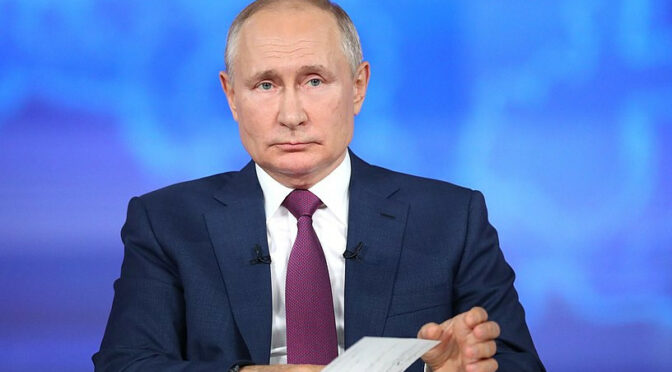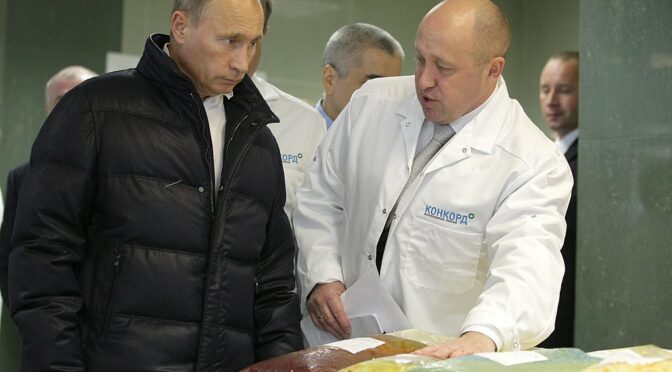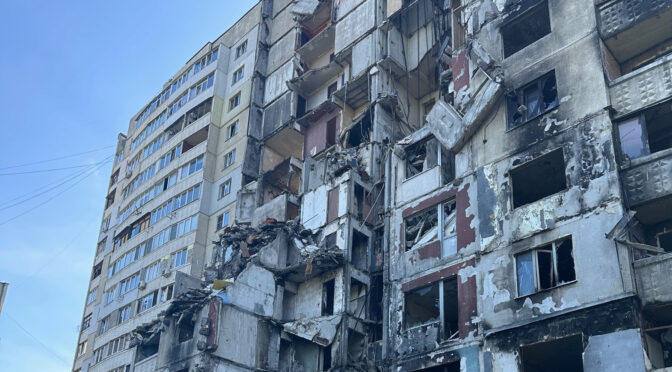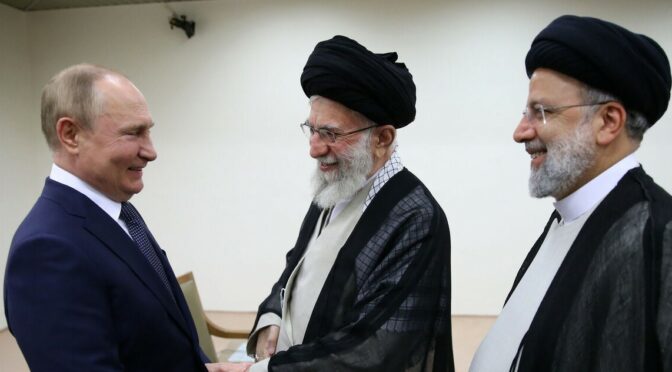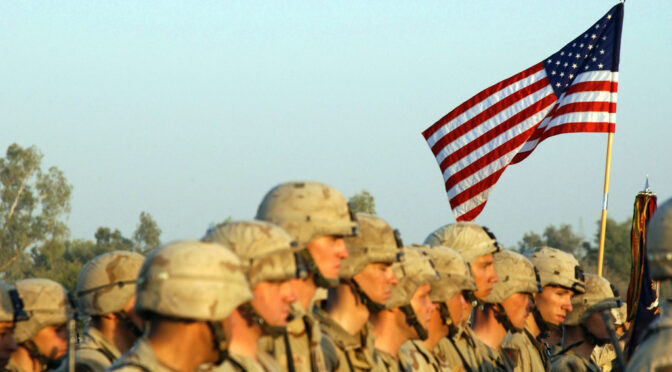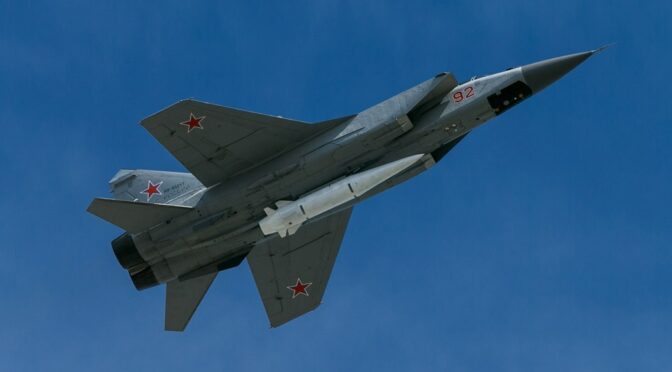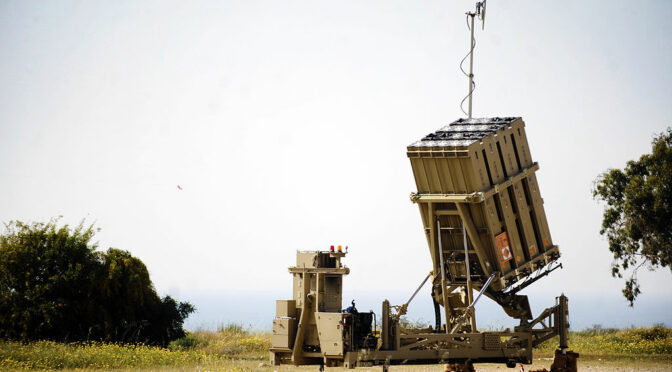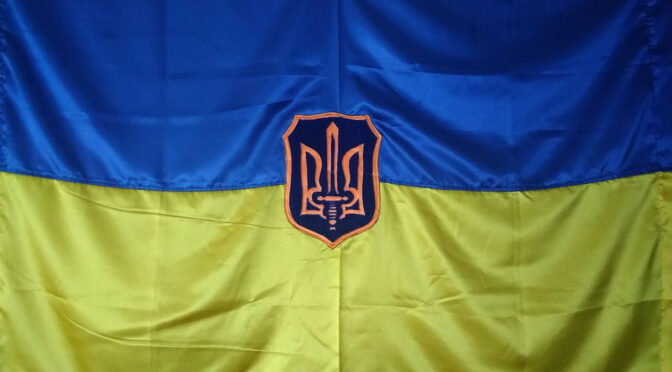Article published in The Daily Telegraph, 28 May 2023. © Richard Kemp
Putin is in a panic over the expected Ukrainian counteroffensive, which may already be in its preliminary ‘battlefield-shaping’ stage. He doesn’t know, any more than the rest of us do, when the offensive will be launched, where it will strike or whether it will succeed. What he does know is that if it achieves significant success, his own days might be numbered, with fissures already opening inside the Kremlin and between its most important henchmen.
The Russian army’s thinly stretched troops have been preparing strong defensive positions all along the front line to repel an attack or series of attacks, and planning their own spoiling operations. But, aside from the balance of forces, critically important to Ukraine’s success or failure is morale.
Putin knows it is fragile among his own troops, many of whom don’t know why they are expected to fight a war they don’t even begin to understand. He knows he has to break the morale of Ukrainian soldiers on the battle line and civilians on the home front. That is why he has recently intensified air attacks on cities and towns. They are intended to kill civilians, destroy infrastructure, disrupt the war economy and make life a misery – both for those in the cities and their relatives at the front.
On Saturday night, Russia launched the largest wave of explosive drone strikes since the full-scale invasion began. Fifty-two of the 54 Iranian-supplied Shahed drones were knocked out of the sky. Forty were aimed at Kyiv, the most intensive barrage targeting the city so far, killing one.
The next day, Kyiv, celebrating the 1,541st anniversary of its founding, was straight back to normal. No mass panic, no serious disruption to life. Putin’s attempts to intimidate the Ukrainian people and their leaders simply don’t work. He tried it first in February last year, expecting Kyiv to fall in a matter of days simply with rocket fire and Russian forces heading towards the capital. Like London in the Blitz and later under Hitler’s rain of V1 and V2 Continue reading

